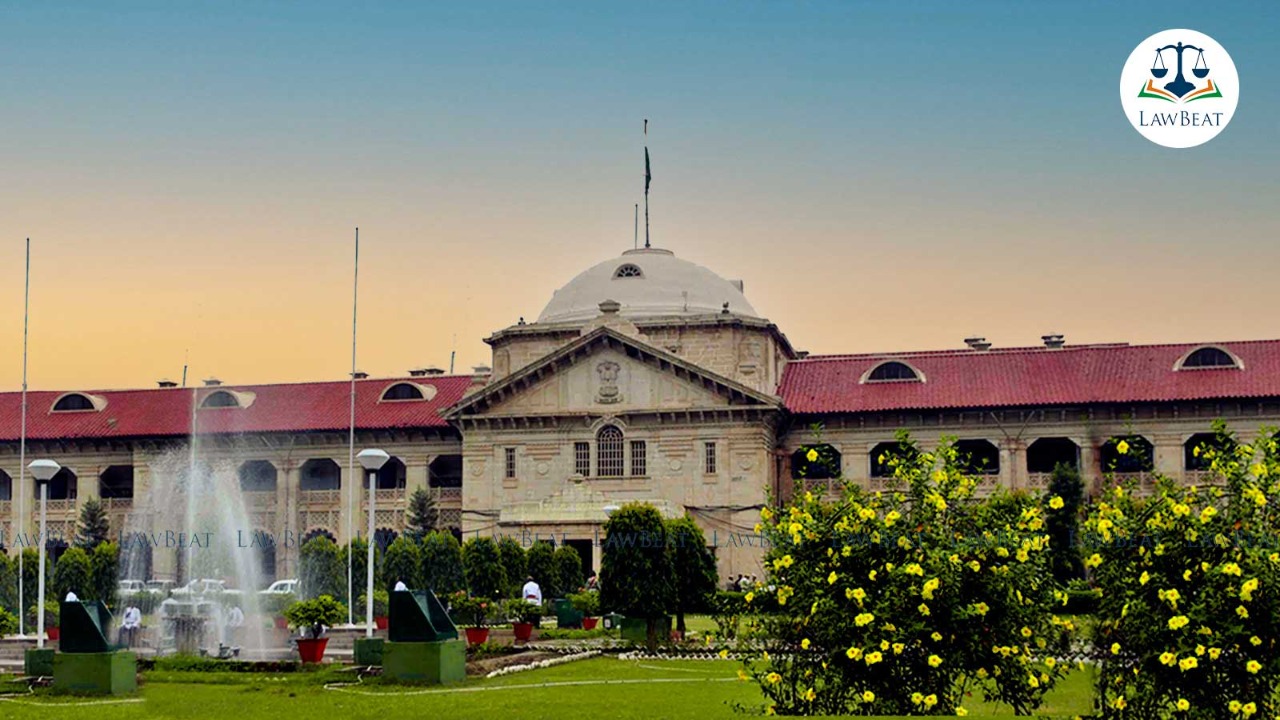Compromise Between Accused & Victim Cannot Be Allowed In Rape & Molestation Cases: Allahabad HC

The court said that offence of rape or one under Section 7/8 of the Act of 2012 is an offence against the society and in such cases, State is the forerunner of the prosecution.
The Allahabad High Court recently refused to quash the proceeding in a rape and molestation case on the ground that the accused and the complainant had married each other and had compromised the matter.
The allegations against the accused were that he had established physical relations with the complainant, who was a widow, and also molested her daughter with questionable intentions.
The bench of Justice JJ Munir said that "prosecution in heinous offences such as rape and molestation of minors, which are punishable under the Act of 2012 (Protection of Children from Sexual Offences Act), the victims do not have the freedom to compromise as if it were a compoundable offence or a civil cause".
"The State is the forerunner of the prosecution and it is the State who has to pursue the prosecution to its logical conclusion. The endeavour of the Court in a matter involving such a heinous offence is to determine the truth of the allegations. The purpose is not to persecute the accused nor is it to let him off, because his relations with the complainant has taken a happier turn," court added.
Further court said that the offence of rape or one under Section 7/8 of the Act of 2012 is an offence against the society, the truth of which has to be established before a court of competent jurisdiction on the basis of whatever evidence is led at the trial.
Therefore, court held that in a case like the present one, the court cannot interdict the prosecution and quash proceedings for the saying of the complainant, based on a compromise between parties.
Court was dealing with a plea filed by one Om Prakash who was accused in a case lodged under Sections 376(1), 323, 357-ka, 504, 506 of the Indian Penal Code, 1860 and Section 7/8 Protection of Children from Sexual Offences Act, 2012 (Act of 2012).
The counsel for the accused argued that the accused and the complainant had married according to Hindu rites and were living together happily as man and wife.
He also apprised the court that the complainant had also filed an application before Special Judge that in view of parties' marriage, she does not want to pursue the prosecution, which should be disposed of on the basis of a compromise.
However, court rejected the contention raised by accused's counsel and refused to quash the present case.
Case Title: Om Prakash v State of U.P. and Another
